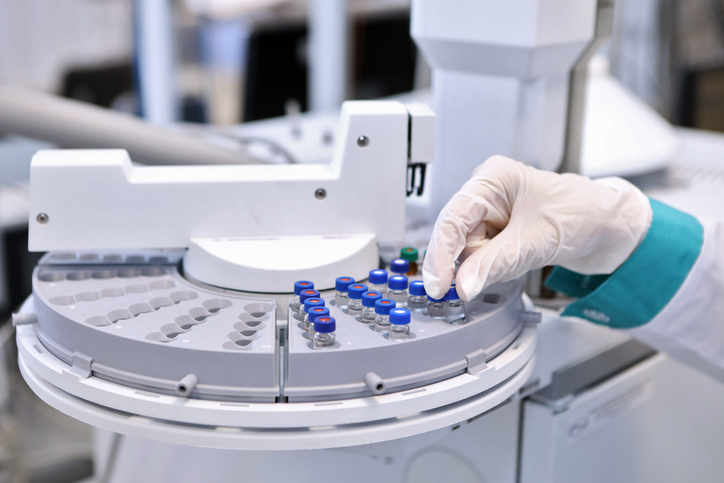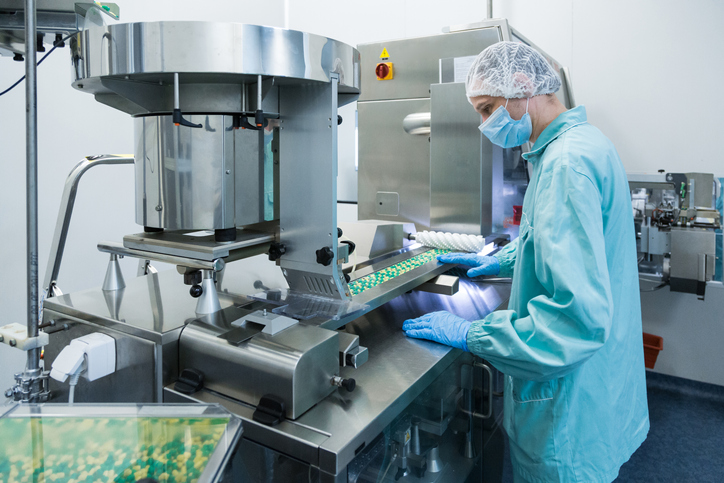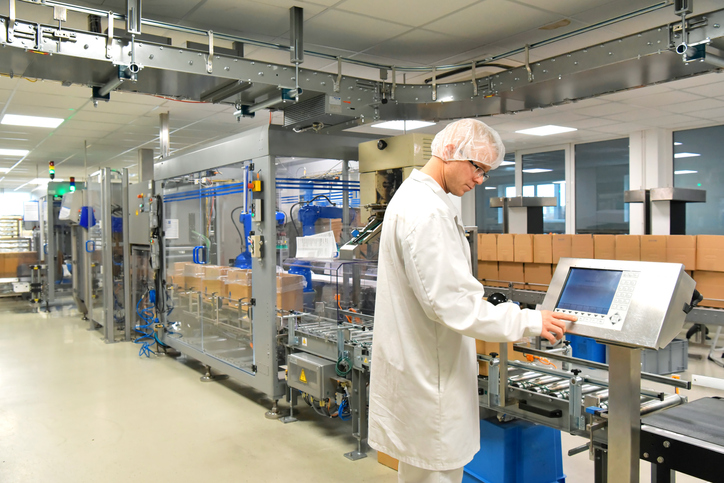
In the pharmaceutical industry, good manufacturing practices (GMP) are an important aspect of the quality assurance management system that drug producers must develop to comply with Health Canada regulations. The term describes the set of guidelines that manufacturers can refer to in order to ensure the safety and quality of a drug.
These guidelines will be of interest to students training to become pharmaceutical manufacturing technologists, as people in this role are directly responsible for maintaining the quality controls required in drug production. Here’s a closer look at the importance of good manufacturing practices.
The Purpose of GMP Explained to Those Interested in Pharmaceutical Manufacturing
It’s important for those enrolled in a pharmaceutical manufacturing program to understand the top consideration of drug manufacturers and regulators—which should always be focused on the safety of the people the drug is intended for. With this in mind, good manufacturing practices (GMP) serve as helpful guidelines licensed pharmaceutical drug producers are advised by Health Canada to follow to ensure all drug products are consistently controlled, and that their benefits outweigh their risks.
By following GMP, manufacturers are helped along in the process of ensuring a pharmaceutical drug meets the strength, quality, and purity standards for its intended use. The implementation of these best practices also helps to prevent drug contamination and other common causes of quality failure in the manufacturing process. All of this helps producers to comply with the Health Canada quality assurance directive, mandating that licensed manufacturers “must not place consumers at risk because of poor safety, quality, efficacy, or for not complying with regulations.”

What Areas of Drug Production Does GMP Cover?
GMP is applicable to all the lifecycle stages of the drug product in question, from the developmental phase of manufacturing through to commercial manufacturing, and even through to the discontinuation of a product. Good manufacturing practices attempt to guide manufacturers in placing controls over many sections of quality oversight, including raw materials, operating procedures, the detection and investigation of quality defects, and having a system in place for recalling drugs. Manufacturers applying these best practices to the best of their abilities can be helped along in complying with quality requirements when fabricating, packaging, labelling, distributing, and testing any kind of wholesale drug. Thorough record-keeping of all of these components for history traceability is also a key element for GMP.
How Rigid Are the Guidelines?
While drug manufacturers are strongly advised to follow GMP regulations as part of the quality assurance development process, those training in pharmaceutical manufacturing may be interested to discover that these practices are not legal regulations. This allows for flexibility to the guidelines, so that manufacturers can adapt them to their own unique needs. The guidelines must be interpreted differently in some cases, or where they may simply not be applicable. Aging manufacturing facilities, emerging technologies, and changes to government legislation are all examples of issues that can crop up, rendering some of the guidelines of the GMP inapplicable. In situations like these and based upon scientific justification, manufacturers can use the GMP guidelines as a reference point to find alternate approaches to comply with regulations.

Are you interested in becoming a qualified manufacturing technologist through a pharmaceutical manufacturing program?
Contact Oxford College to learn more about our program.






